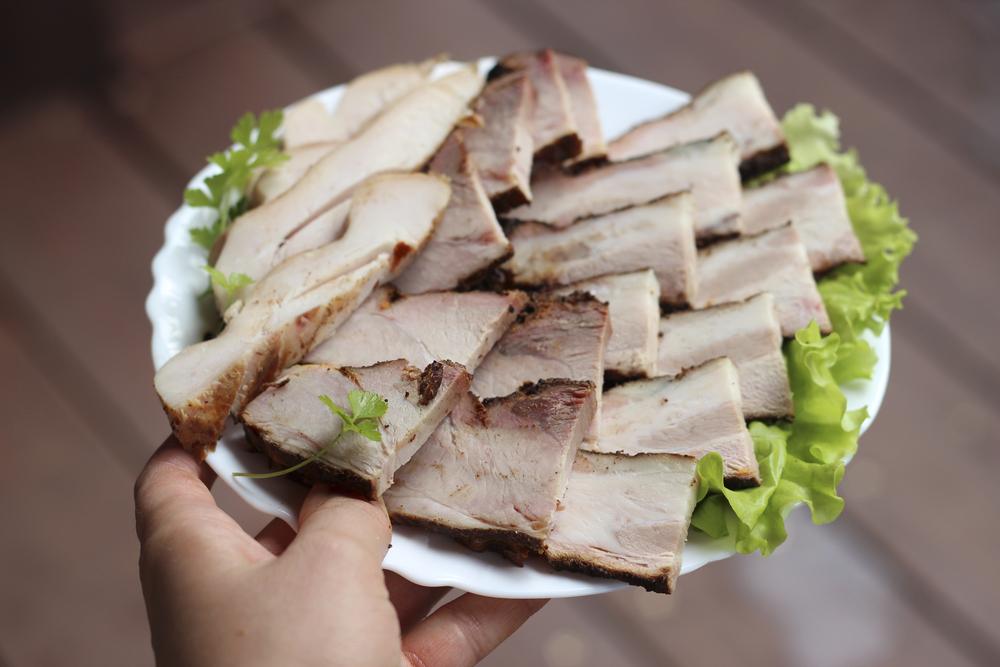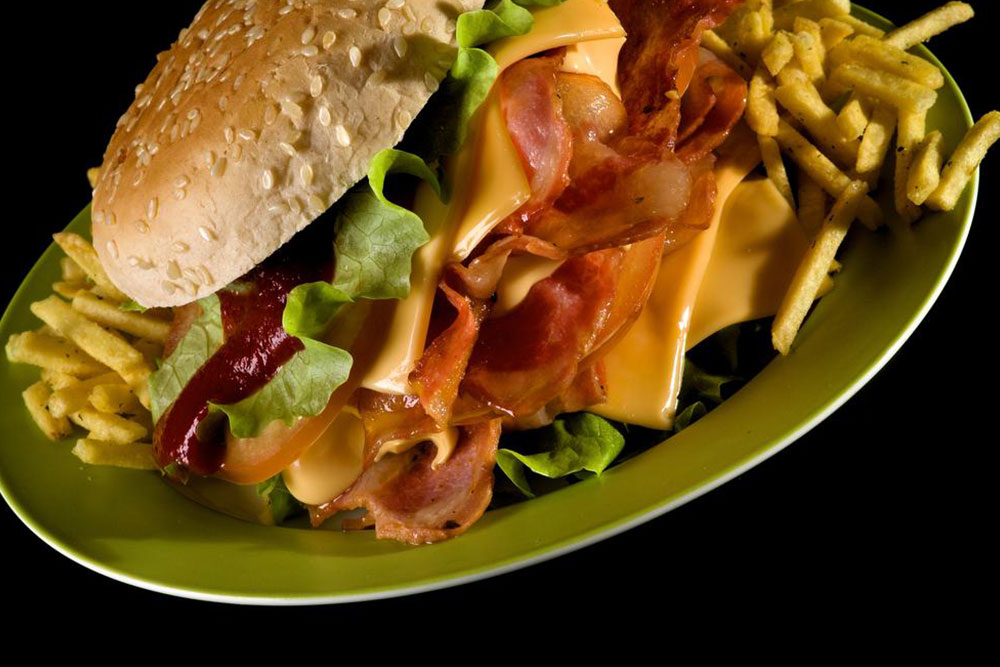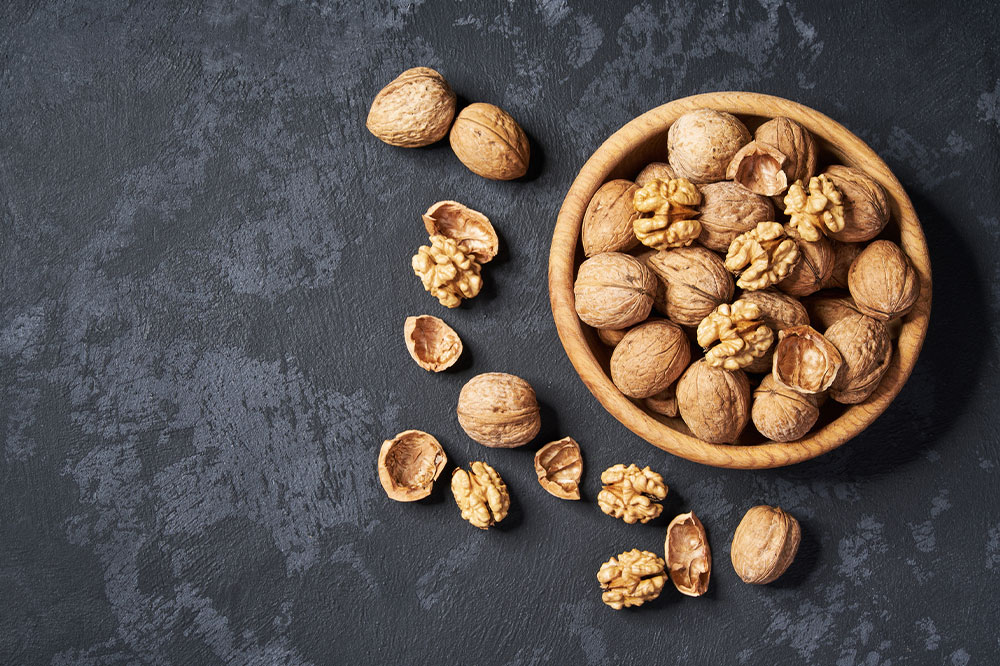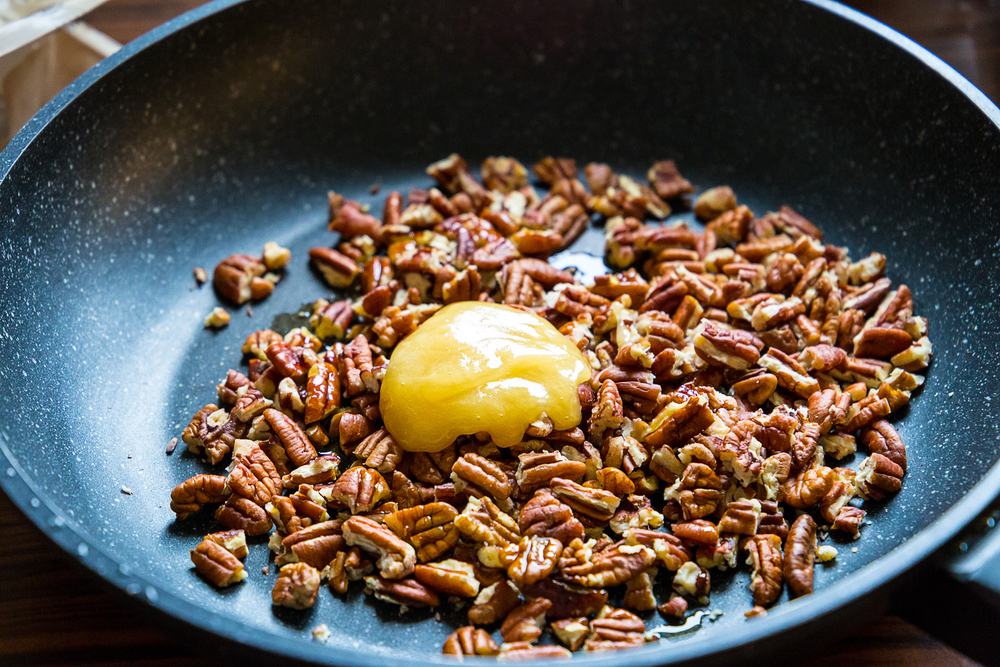Foods to Limitation for Managing IBS Symptoms
Manage IBS effectively by avoiding specific foods such as dairy, refined sugars, gluten, fried and processed foods, and alcohol. Identifying personal triggers through diet tracking can help reduce symptoms like bloating, gas, and irregular bowel movements. Consult healthcare providers for personalized dietary advice to enhance digestive health and improve quality of life.

Foods to Limiting When Dealing with Irritable Bowel Syndrome
Irritable Bowel Syndrome (IBS) is a long-term digestive condition marked by symptoms like diarrhea, constipation, or a mix of both, along with cramps, bloating, and gas. While its exact cause remains unknown, it’s believed to involve a miscommunication between the brain and gut. Certain foods act as common triggers, worsening symptoms. Therefore, adjusting your diet by avoiding specific foods can help manage IBS. Keep reading to discover which foods may need to be excluded from your meal plan to alleviate symptoms.
Dairy Products – Dairy can be problematic due to high fat content causing diarrhea in some individuals. Choosing low-fat or non-dairy alternatives might be beneficial. Additionally, many with IBS experience lactose intolerance, leading to symptoms after consuming dairy. If symptoms appear soon after intake, eliminating dairy entirely from the diet may be necessary.
Refined Sugars – Sweets like chocolates, candies, pastries, and baked goods with refined sugars can promote bacterial overgrowth in the gut, triggering symptoms such as bloating, gas, and irregular bowel movements. Replacing sugar with natural sweeteners like honey or maple syrup, and avoiding artificial options such as sucralose or aspartame, can support better digestion.
Gluten – Found in grains like wheat, barley, and rye, gluten may cause reactions in people with Celiac disease or gluten intolerance. Evidence suggests gluten may also contribute to IBS symptoms. Consulting a healthcare professional can help determine if gluten elimination benefits your condition, allowing for suitable alternatives in your diet.
Fried and Preserved Foods – Both fried and processed foods are difficult to digest due to their high-fat nature and additives. These foods can exacerbate intestinal discomfort and should be limited to support gut health.
Alcohol – Regular alcohol consumption, especially beer containing gluten, can harm gut health. Alcohol can also cause dehydration, impairing digestion and liver function. Opting for gluten-free or low-sugar beverages can reduce adverse effects.
Recognizing individual triggers is essential, as not all foods listed will affect everyone equally. Keeping a food diary can help identify personal triggers and guide dietary modifications for better IBS management.










